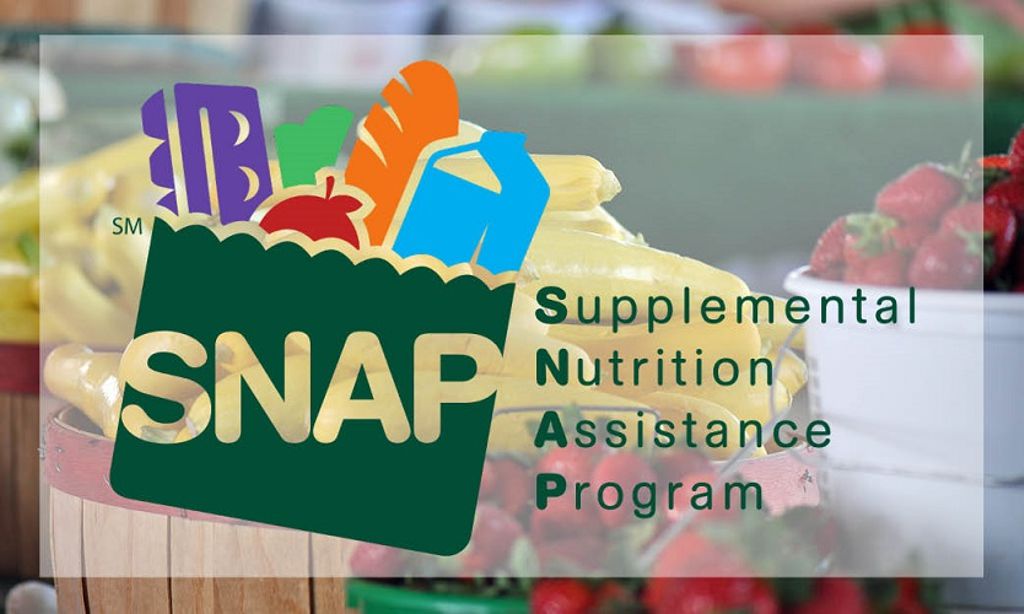Age limits change and some exemptions are removed, but many geographic waivers remain in place.
Work requirements for the federal Supplemental Nutrition Assistance Program (SNAP) are being rolled out across the United States.
The changes are mandated by the Budget Reconciliation Act of 2025, which became law on July 4. However, the Department of Agriculture has not yet published written guidelines on the changes, so many states are still in the process of implementing.
Here’s what to know about SNAP work requirements.
Age Limit Increased
Able-bodied adults without dependents are required to work, volunteer, or take part in training at least 20 hours a week, or 80 hours per month, to maintain their SNAP benefits.
Older people are granted an exemption from this requirement, but the age limit for the exemption is increasing from 54 to 64.
Generally, people ages 18 through 64 must meet this requirement in order to receive SNAP benefits for more than three months in any 36-month period.
Work can be something done in exchange for money, goods, or services.
Participation in an employment training program can also meet this requirement, as can volunteering or working without pay.
Pennsylvania implemented the new age limit on Sept. 1. Most other states have not yet published new guidelines for work requirements.
Other Exemptions Affected
Some other changes to the work requirements will take effect Nov. 1
Members of a household with responsibility to care for a dependent child are exempt from the requirement, but the age of the qualifying dependent child will be lowered from under 18 to under 14.
People who are veterans, homeless, or who aged out of foster care but are not yet 25 will no longer be exempt from the work requirement.
Members of a household with responsibility to care for a disabled person continue to be exempt from the work requirement, as will those who are participating in a drug or alcohol rehabilitation program, in school or an employment training program, pregnant, or physically or mentally unable to work.








